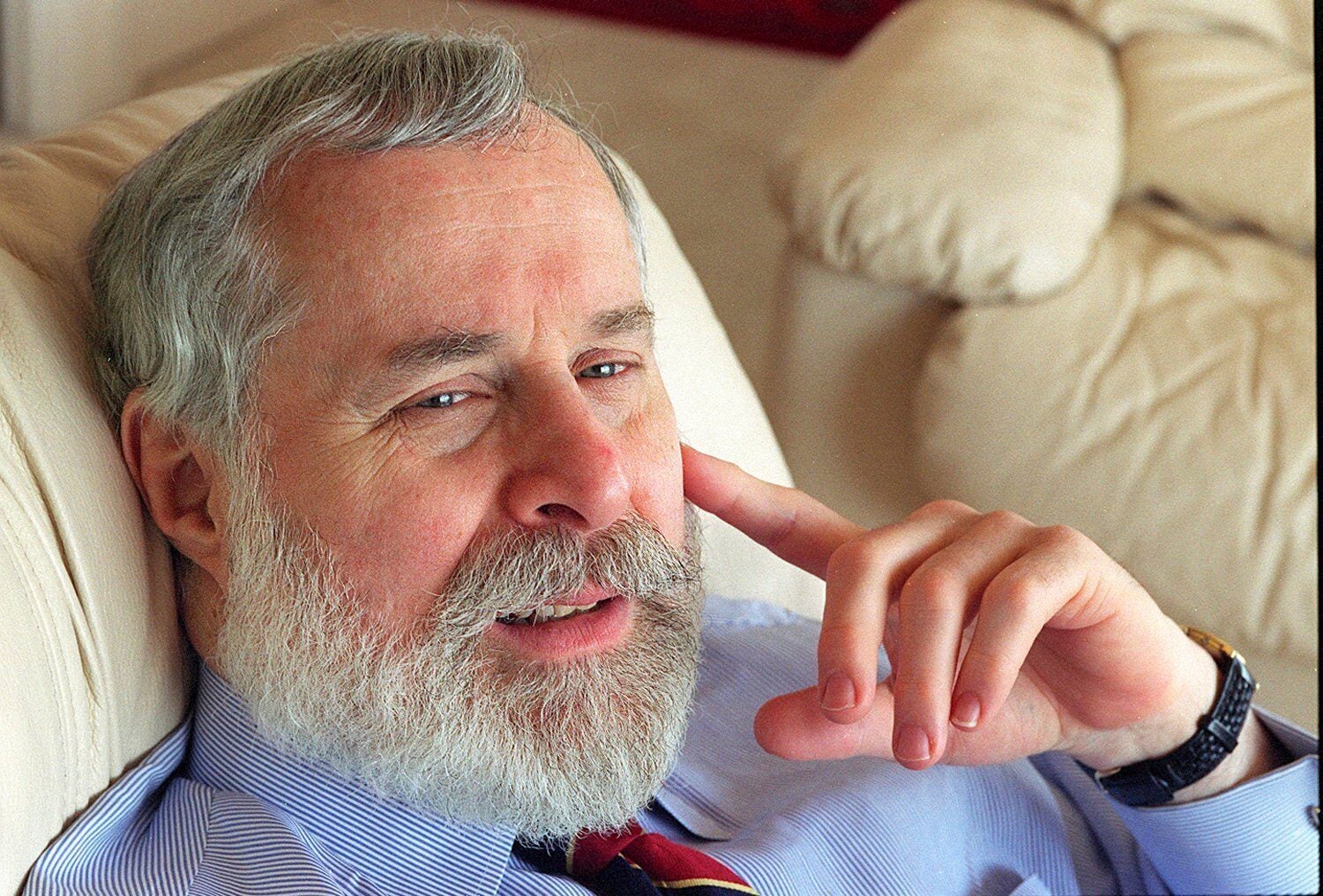Whistleblower Peter Buxtun – who exposed Tuskegee syphilis study – dies aged 86
For 40 years the US Public Health Service conducted a study in which black men were left untreated for syphilis

The whistleblower who revealed that the US government allowed hundreds of Black men in rural Alabama to go untreated for syphilis in what became known as the Tuskegee study has died aged 86.
Peter Buxtun’s intervention ended one of the most notorious medical research scandals in US history. Mr Buxtun died on 18 May of Alzheimer’s disease in Rocklin, California, according to his attorney, Minna Fernan.
For 40 years the US Public Health Service conducted a study which meant hundreds went untreated and died of the sexually transmitted infection. The study aimed to determine, from autopsies, what the disease did to the human body at the expense of more than 100 lives.
In 1965 Mr Buxtun took a job at the local Public Health Service office and overheard colleagues discussing a syphilis case study in Alabama. He raised ethical concerns and complaints the following year to the Centres for Disease Control and Prevention but was met with repeated rejections.
He eventually left the service and retrained as a lawyer but the information he possessed about the study eventually led him to tip off a journalist. Investigative reporter Jean Heller wrote an expose in 1972 and the 40-year study was halted.
Mr Buxtun’s bravery in risking his career not only saved the lives of men but also led to an overhaul of the Health, Education and Welfare rules concerning work with human subjects. A class-action lawsuit was also settled out-of-court for $10 million (£7.7m), with the US government promising free medical care to survivors and their families.
The last participant died in 2004, but the study’s dark legacy still casts a shadow. It resulted in distrust to seek medical treatment and was cited as recently as the pandemic for the reason not to get the Covid-19 vaccine.
Syphilis is a highly contagious infection spread by sexual contact and if left untreated can cause bone and dental deformations, deafness, blindness, heart disease and central nervous system deterioration. Untreated syphilis reduces life expectancy by 17 per cent in black men between the ages of 25 and 50, according to an American Medical Association study which fits with the description of the Tuskegee Study subjects.
Mr Buxtun was born in Prague in 1937 to a Jewish father who moved the family to the US in 1939 from Nazi-occupied then-Czechoslovakia. He drew comparisons between the Tuskegee study and medical experiments Nazi doctors had conducted on Jewish people and other prisoners.
Lille Tyson Head, whose father was in the study, said that family members of participants are grateful to Mr Buxtun for his “honesty” and “courage” in exposing the experiment.
Join our commenting forum
Join thought-provoking conversations, follow other Independent readers and see their replies
Comments
Bookmark popover
Removed from bookmarks